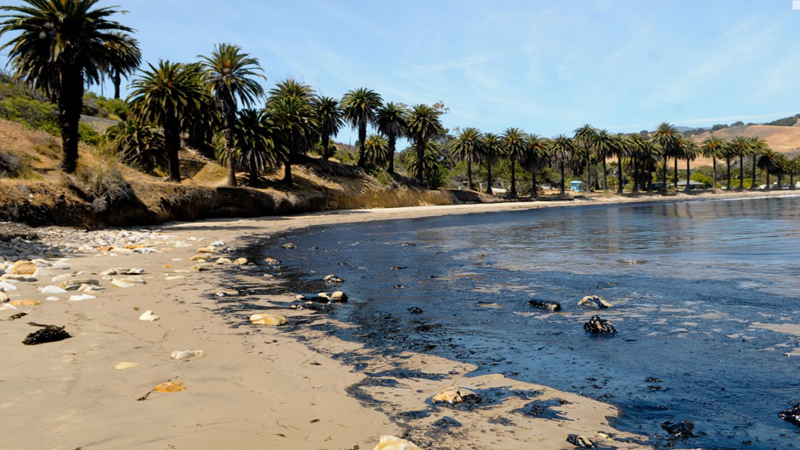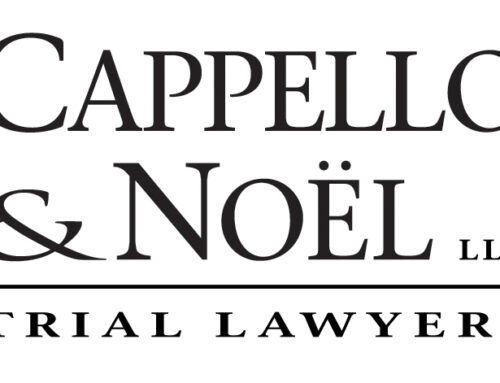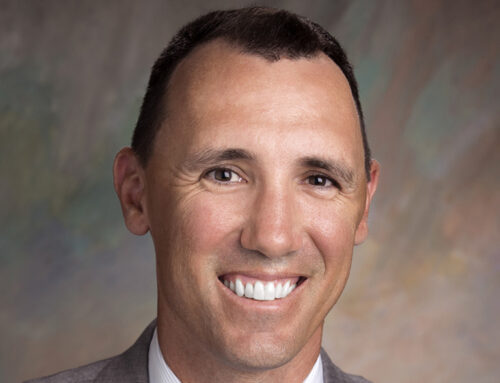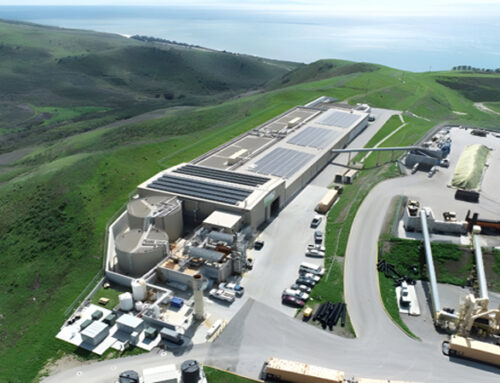Nine years after the 2015 Refugio Oil Spill along the Santa Barbara coastline, a federal judge has granted preliminary approval of a $70 million class action settlement to nearly 90 property owners.
U.S. District Court Judge Philip Gutierrez issued his ruling May 1. It was announced May 9.
If finalized in September, the settlement will be paid by Houston-based Sable Offshore Corp., whose subsidiary, Pacific Pipeline Company, is the current title owner of the pipeline that ruptured on May 19, 2015.
It spilled more than 2,900 barrels of heavy-crude oil onto private property, Refugio State Beach and into the Pacific Ocean.
One of the plaintiffs’ attorneys, Barry Cappello with Santa Barbara law firm Cappello & Noël, said the judgment was a long time in the making.
“We’ve spent some nine years on this case,” he told the Business Times May 13. “Lots of depositions. Almost 100 landowners. More than 180 parcels of land.
“So, all in all, it was something we can feel we did a good job on for these people,” Cappello said.
The plaintiffs were also represented by another Santa Barbara law firm, Keller Rohrback, and Lieff Cabraser Heimann & Bernstein, with offices in San Francisco and elsewhere.
Sable did not immediately respond to a request for comment.
But the settlement, which resolves the lawsuit filed in the case, does not constitute an admission of liability by Sable.
In 1991, Celeron Pipeline Company of California built pipelines on 130 miles of private property, including that owned by the plaintiffs, to transport crude oil and other liquids from the California coast to inland refinery markets.
At the time, property owners signed easement contracts allowing Lines 901 and 903 pipelines to be built on their properties with the contracts stating the pipeline owners would maintain, operate, and repair the pipeline as needed.
One year after the spill, the federal Pipeline and Hazardous Materials Safety Administration concluded that the cause of the rupture was integrity management failures by its then-owner, Houston-based Plains All American Pipeline.
Cappello said the lawsuit was filed in effect to prevent Sable from using the easements.
“We argued the easements expired by their express terms when the pipeline no longer operated after three to five years” after the spill, he said.
Instead of fighting the lawsuit or buying new easements or condemning easements which would have involved years of litigation, “Sable made the business decision to pay the current landowners ‘in lieu’ and use the easements already on the books along with the terms of the settlement,” Cappello said.
Under the preliminary settlement, the owner of each of the class properties is proposed to receive at least $50,000, with average payments of $230,000.
In addition, Sable agrees that the ruptured pipeline will not be replaced with a second, new pipeline system without first renewing easement agreements.
Sable also consents to safely operate the pipeline under a federal consent decree requiring it to follow federal requirements for pipeline maintenance and operation.
The company further agrees to take necessary steps to install automatic shutoff valves on the pipeline. In addition, Sable must use the best available safety technologies to restart the pipeline.
“The proposed settlement is the product of arm’s length negotiations spanning many years,” plaintiff attorney Robert Nelson, with Lieff Cabraser, said in a court declaration.
A hearing is scheduled for Sept. 13 to determine whether the preliminary settlement will be finalized.
Class members have up to 15 days before the hearing to file a response to the settlement approval.
Plains has been slammed with financial penalties since the spill.
In 2019, it was fined more than $3.3 million after being convicted in a Santa Barbara County trial of failing to properly maintain its pipeline, a felony.
Plains was also found guilty of eight misdemeanors, including six counts of killing marine mammals, protected sea birds, and other marine life.
In 2020, the U.S. Department of Justice levied more than $60 million in penalties against the company in a civil settlement stemming from the spill.
In 2022, Gutierrez gave final approval of a $230 million class action settlement with Plains to resolve a lawsuit filed against it by about 2,000 fishers, seafood processors, and about 8,000 property owners and lessees of property impacted by the spill.
BY MIKE HARRIS THURSDAY, MAY 16TH, 2024, Pacific Coast Business Times
email: mharris@pacbiztimes.com




